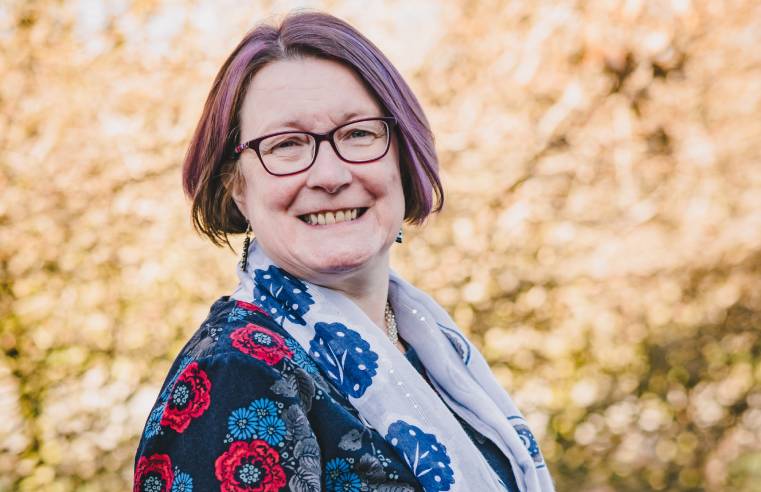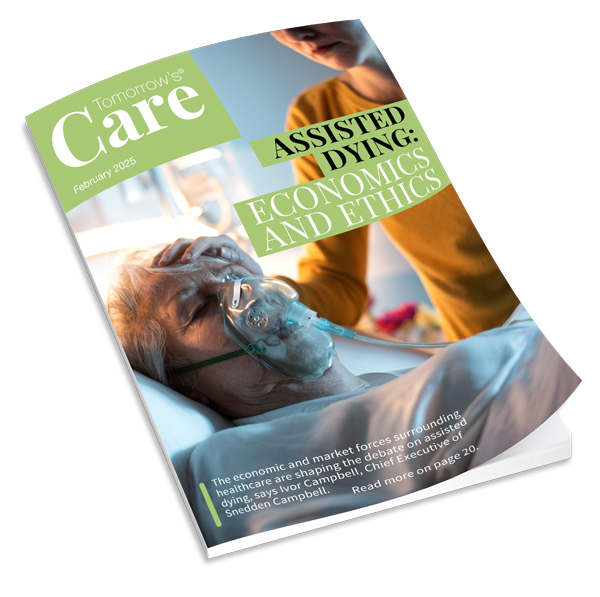Public health agencies across the UK should launch a National COVID-19 Resilience Programme to support older people through the pandemic and to keep them healthy and resilient over the winter, a group of leading scientists and clinicians has recommended.
The recommendation will be made in a new report by The Physiological Society and Centre for Ageing Better to be launched this Monday 9th November at a meeting of Parliamentary and Scientific Committee. The Expert Panel for the project brought together 20 leading scientists and clinicians.
New polling, carried out by YouGov for the project, found that almost 1 in 3 older people did less physical activity during the first lockdown in March. Of those, 43% said that this was because they no longer had a reason, or had less reason, to get out of the house and be active; 32% were worried about catching COVID-19; and 29% reported lacking motivation to exercise.
Physical activity is an important factor in staying healthy and resilient. Home confinement in older people will be associated with muscle loss, body fat gain and the development of insulin resistance, which are driving factors in the development of weakness and Type 2 diabetes. These changes happen within days if inactivity is marked.
Increased risks of COVID-19 hospitalisation, disease severity and death are associated with a high body mass index and frailty in older people. Therefore, it is essential to support older people in staying fit and healthy during lockdown to improve their resilience to COVID-19.
A National COVID-19 Resilience Programme would bring together a package of measures to support older people through the lockdown and beyond, the group has said.
According to the Panel, the National COVID-19 Resilience Programme should include:
•A tailored exercise programme, focused on older people with key COVID-19 risk factors (obesity, Type 2 Diabetes, cardiovascular disease, and sarcopenia).
•Clear guidance about the importance of a healthy balanced diet containing sufficient levels of protein and appropriate energy content.
•The creation of virtual communities to counter social isolation.
•Enlisting the help of relatives and volunteers to support behaviour change among older people.
Dr Alison Giles, Centre for Ageing Better and Expert Panel Co-Chair, said: “As this report highlights, coronavirus lockdowns can be particularly challenging for older people as they can exacerbate a variety of health issues, such as cardiorespiratory deconditioning and weight gain, as well as increased loneliness and social isolation.
“As the country enters a second national lockdown, it’s important to acknowledge that blanket advice based on age can lead people to feel that they don’t have control over managing their own health and risk around COVID-19.
“A National COVID-19 Resilience Programme would give older people more control and offer guidance on how to take care of themselves as the pandemic continues. We must provide people with tools that will allow them to make their own informed decisions on their health, wellbeing and resilience.”


























